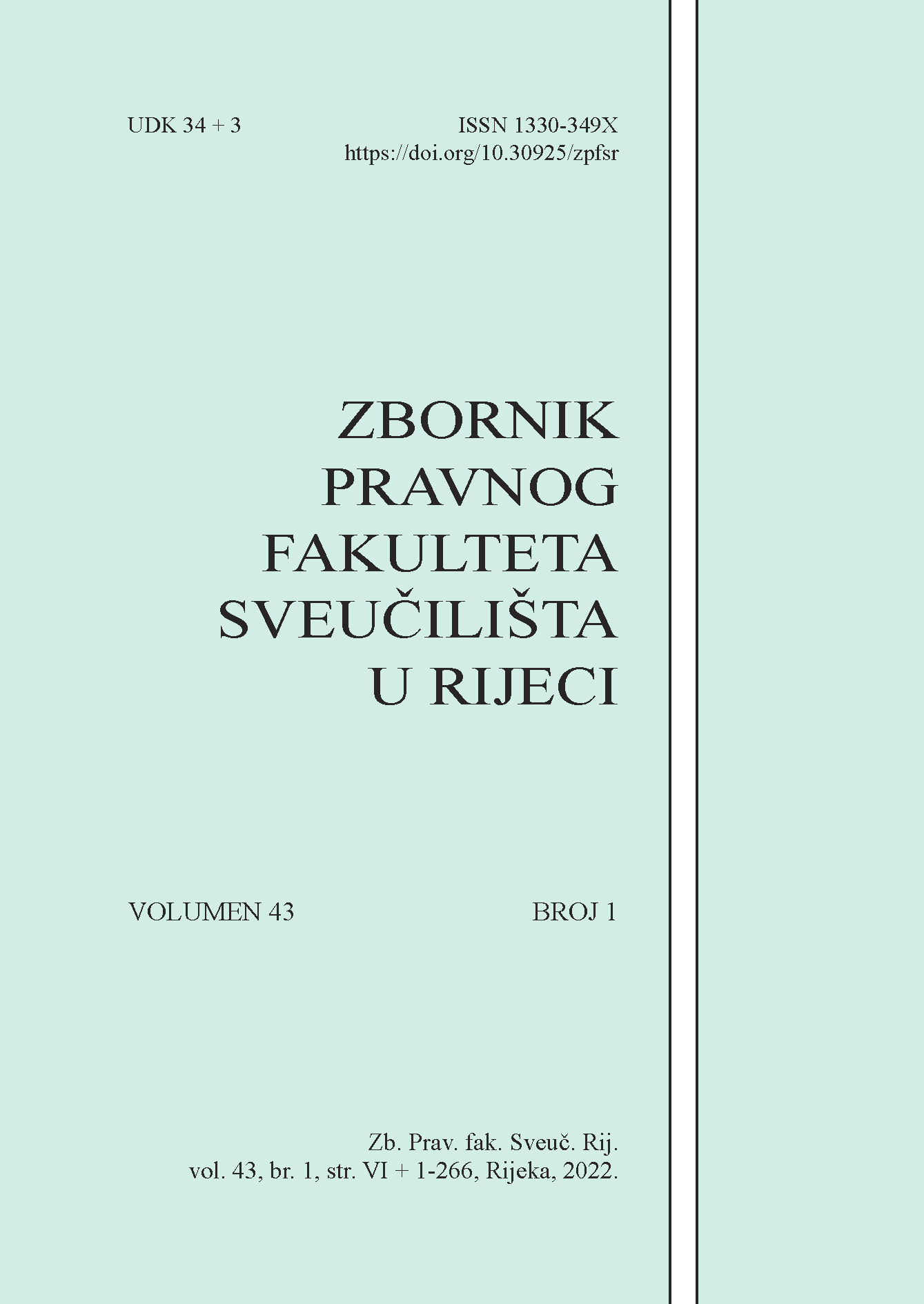“FAKE NEWS” IN TIMES OF CRISIS IN THE CONTEXT OF ARTICLE 10 OF THE EUROPEAN CONVENTION ON HUMAN RIGHTS
DOI:
https://doi.org/10.30925/zpfsr.43.2.10Keywords:
fake news; freedom of expression; human rights; Art. 10 of the European Convention on Human Rights; European Court of Human Rights.Abstract
Internet and social networks have significantly contributed to the realization of freedom of expression. However, they have also made it easier and faster than ever before to spread disinformation, misinformation, propaganda and fake news. Although these phenomena are not new, the impact they have had in recent years on political processes in democratic societies (e.g. the 2016 U.S. presidential election and Brexit) and on human behavior during the COVID-19 pandemic, has drawn attention to this issue. The aim of this paper is to highlight the problem of fake news as a human rights issue in the context of Art. 10 of the European Convention on Human Rights, which guarantees freedom of expression. The paper provides a terminological and historical overview of the term fake news and related concepts. It also provides an overview of Art. 10 of the European Convention on Human Rights and clarifies the situations and conditions under which the restrictions on the freedom of expression are justified on the basis of Art. 10(2). The authors also provide an insight into the relevant case law of the European Court of Human Rights.
Additional Files
Published
Versions
- 2023-12-14 (2)
- 2022-07-15 (1)
Issue
Section
License
Copyright (c) 2022 Davor Muhvić, Ivana Rešetar Čulo

This work is licensed under a Creative Commons Attribution-NonCommercial 4.0 International License.
Collected Papers is an open access journal. Journal does not charge article processing charges (APC) to authors. It is licensed under CC BY-NC licence 4.0.
Collected Papers of the Law Faculty of the University of Rijeka" is an Open Access journal. Users are allowed to read, download, copy, redistribute, print, search and link to material, and alter, transform, or build upon the material, or use them for any other lawful purpose as long as they attribute the source in an appropriate manner according to the CC BY licence.
The papers published in "Collected Papers of the Law Faculty of the University of Rijeka" can be deposited and self-archived in the institutional and thematic repositories providing the link to the journal's web pages and HRČAK.
Upon acceptance of the manuscript for publication by this journal, the author can publish same manuscript in other journals only with the permission of the Editorial Board (secondary publication). A repeated publication should contain a notice as to where the manuscript was originally published.



